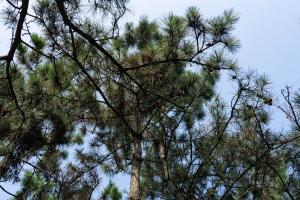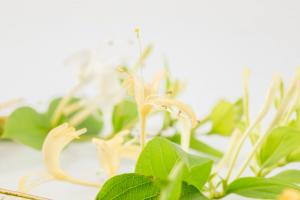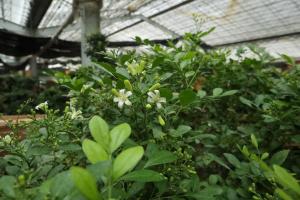Introduction
Ficus plants, also known as fig trees, are popular houseplants often grown for their attractive foliage and tree-like appearance. They are a part of the Moraceae family and are native to tropical and subtropical regions of the world. If you want to keep your ficus plant healthy and thriving, here are some simple tips for caring for it.
Light
One of the most important things to consider when caring for a ficus plant is the amount of light it receives. Ficus plants thrive in bright, indirect light but can also handle some direct sunlight. However, be careful not to expose your ficus plant to too much direct sunlight as it can cause the leaves to burn. If your ficus plant is not receiving enough light, it may start to drop its leaves.
Watering
Proper watering is also crucial for the health of your ficus plant. The soil should be kept evenly moist but not soaking wet. Water your ficus plant when the top inch of soil feels dry to the touch. Overwatering can lead to root rot and other issues, so it鈥檚 important not to let your ficus plant sit in standing water. If your ficus plant is in a pot without drainage holes, consider re-potting it into a container with adequate drainage.
Humidity
Ficus plants prefer a humid environment, so if you live in a dry climate or your home has low humidity, consider using a humidifier or placing a tray of water near your ficus plant. Misting the foliage with water can also help increase humidity levels. Dry air can cause the leaves of your ficus plant to become dry and crispy, so it鈥檚 important to maintain a humid environment.
Fertilizer
Ficus plants benefit from regular fertilization during the growing season (spring and summer). Use a balanced, water-soluble fertilizer and apply it every two weeks. During the winter months, you can reduce fertilization to once a month or suspend it altogether as growth slows down.
Pruning
Pruning your ficus plant can help maintain its shape and encourage healthy growth. Use clean, sharp pruning shears to remove any dead or diseased leaves, as well as any branches that are crossing or rubbing against each other. You can also prune your ficus plant to promote bushier growth and prevent it from becoming too tall.
Pests and Diseases
Like all plants, ficus plants are susceptible to pests and diseases. Common pests that can affect ficus plants include spider mites, scale insects, and mealybugs. Regularly inspect your ficus plant for signs of pests and take action if you notice any infestations. Ficus plants can also be prone to leaf drop, which can be caused by a variety of factors including low humidity, overwatering, or sudden changes in temperature or light.
Conclusion
By following these simple tips, you can keep your ficus plant healthy and thriving for years to come. Remember to provide your ficus plant with adequate light, water, and humidity, and to fertilize and prune it regularly. Keeping your ficus plant free of pests and diseases will also help ensure its long-term health and beauty.

 how many times do yo...
how many times do yo... how many planted tre...
how many planted tre... how many pine trees ...
how many pine trees ... how many pecan trees...
how many pecan trees... how many plants comp...
how many plants comp... how many plants can ...
how many plants can ... how many plants and ...
how many plants and ... how many pepper plan...
how many pepper plan...
































